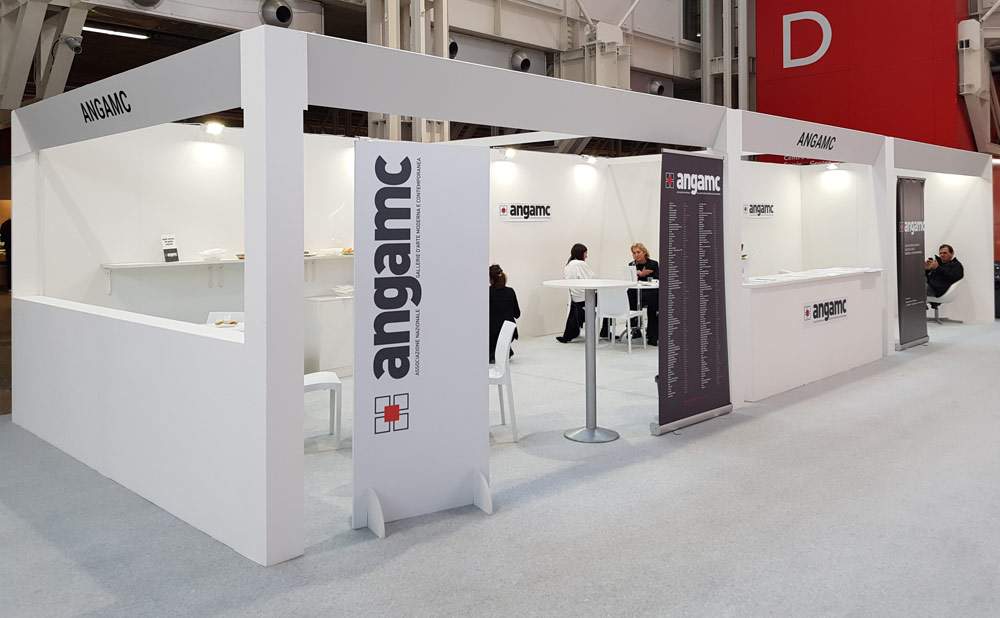A letter to the minister of cultural heritage, Dario Franceschini, to request the opening of a dialogue on the art gallery sector, which has been hard hit by the closure of exhibition spaces and the suspension of fair events: this is the initiative of theNational Association of Modern and Contemporary Art Galleries (ANGAMC), the sector’s only national association, which also complains that the crisis has added to problems arising from what the body considers “restrictive and anachronistic regulations that have no correspondence in competing foreign countries.”
ANGAMC wants to draw the government’s attention to the need to give concrete and immediate answers to the art supply chain and in particular to the gallery system: otherwise, without action, many artists and galleries will not survive. In Italy there are about 500 art galleries that produce 5,000 exhibitions each year and employ 10,000 people, to which must be added the induced activities often generated in the tourism sector. A prolonged closure, ANGAMC laments, calls into question the reopening of many galleries, since most of them are small businesses with employees and artist networks that rely only on revenues generated by sales.
ANGAMC’s proposal, stresses President Mauro Stefanini, is to grant galleries exemptions, temporary freezes on mortgage and utility payments, extension of F24 payments and other possible taxes, and resume dialogue on issues the category considers strategic: ART Bonus, VAT first market, VAT imports, SIAE and resale rights.
“If no action is taken,” the missive reads, galleries “will not survive” and “many artists will remain first to support thus jeopardizing their cultural, social and economic contribution that galleries carry.” Also a problem is the cancellation of many fairs: “the increasingly concrete prospect of postponing and cancelling the main fairs in the sector, both national and international, is generating widespread concern in the category,” in the assumption of drastic drops in turnover.
“It is important and necessary,” ANGAMC further writes, “that policy understands that the import of works of art, their circulation, the ease of exchange and the attractiveness that the market operates towards foreign operators are all activities that would bring extremely positive benefits, in economic terms, to the domestic market ensuring Italy a leading role in Europe and the world. Not favoring all this means spiraling into a recessionary spiral by reducing the state’s tax revenues. It is therefore incumbent on ANGAMC, out of respect for its members and the entire category, to call the government’s attention to the need to give strong and concrete answers to the art supply chain and in particular to the gallery system. We are faced with a complex condition that can only be addressed with tools of strategic scope, preparing actions that allow the immediate start of investments and interventions as soon as the emergency ends.”
“ANGAMC,” the letter concludes, “is ready available to give all its support to the executive and for this reason it hopes and already requests the opening of a post-emergency discussion table.”
Pictured: the ANGAMC booth at the 2019 edition of Arte Fiera in Bologna.
 |
| Art galleries write to Franceschini: without action, artists and galleries will not survive |
Warning: the translation into English of the original Italian article was created using automatic tools. We undertake to review all articles, but we do not guarantee the total absence of inaccuracies in the translation due to the program. You can find the original by clicking on the ITA button. If you find any mistake,please contact us.